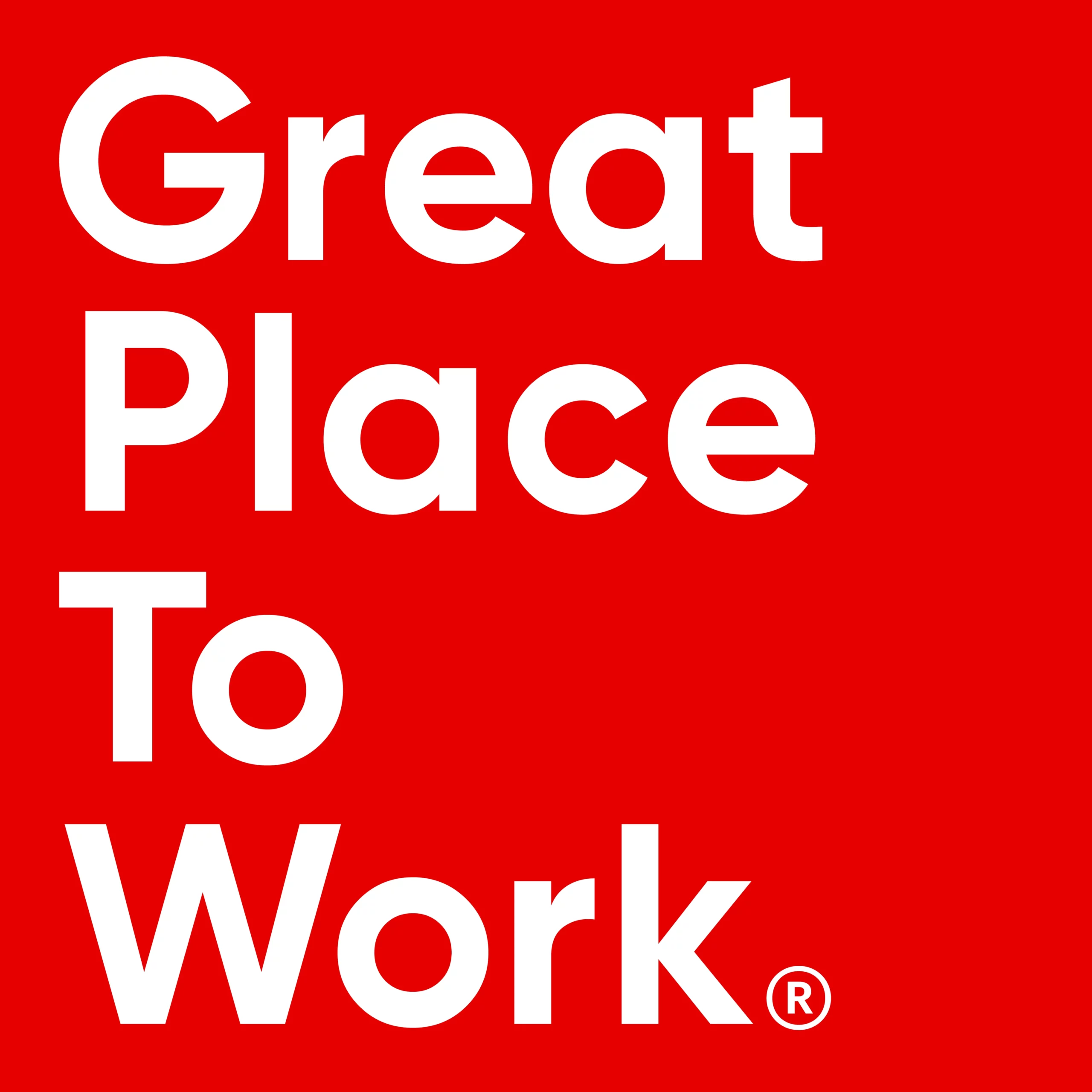There is a lot of pressure on qualified professionals as they near the end of their training contracts with the Big 4 accountancy firms (Deloitte, PwC, EY and KPMG). They must decide on the path they want to take in their career and may find themselves considering many different possibilities. Should they stay in practice? What area should they specialise in? What sector do they want to work in? The decision in recent months has been increasingly difficult for qualified accountants as the Big 4s battle to retain their staff due to a talent shortage in the market at the newly qualified (NQ) level (we provided an overview of the market in our recent article The Talent Shortage at NQ Level – What’s Happening in the Market?). There are a number of factors now influencing the decision of NQ accountants to remain in practice, from compensation to the influence of senior management, that professionals in previous years did not encounter to the same extent.
SO, WHAT IS CHANGING IN PRACTICE?
It is no coincidence that the term “milkround” is synonymous with the recruitment of aspiring accounting graduates to practice (or to the Big 4s). It is a cyclical model and runs like a conveyor belt. Recently however, there seems to be a change of mindset in practice, a move away from the traditional training contract model which sees graduates spend 3.5 years with Big 4s before moving to industry. Now, there is more encouragement internally to leverage current experience elsewhere in the business. This is a good thing; it provides more opportunity within these firms for NQs upon completing their contracts.
The transition from college to practice is smooth and seamless, as typically it is a young environment in which professionals enjoy the social aspect of their training but are also very career and goal driven. Once qualified, most individuals move onto new challenges outside of practice, with the increase in compensation a big motivator behind the move. In Ireland, generally qualified accountants are paid below market rate in practice as the charge out rate to clients does not compliment the budget of the firm once qualified. Despite this, several professional service firms are now matching the market rate for a qualified accountant in order to retain talent.
BUT WHY ARE THE BIG 4S MATCHING COMPENSATION ON THE MARKET?
They need experienced professionals who can lead junior staff now more than ever. The training and development of upcoming senior audit staff surely has been impacted by remote learning. Remember, it’s a training contract – it is extremely difficult to train junior staff, most of whom are straight out of college, to the same level in a remote setting when compared to an office environment. Subsequently, this leads to a knowledge gap between individuals under training contracts and this is a key factor that is driving the curtailment of the compensation disparity between the market and practice. Unfortunately, it is the outcome of a global pandemic which no one could have predicted, but if compared to an academic setting, can a professor expect a student to perform their best after studying remotely for 2 years? Similarly, can an employer expect an upcoming audit senior to be fully prepared to lead next year’s audit engagement? Possibly in some circumstances but it cannot be assumed for all professionals.
Another factor that is contributing to the increase in salaries for NQs is that up until recently, professional service firms had great success recruiting qualified professionals overseas. It is a “win-win” for everyone as the employer gets a skilled professional for a set period of time while the employee gets to travel and gain experience in their line of work in Ireland. However, due to Covid-19, borders remain an issue with some countries temporarily restricting the movement of talent and therefore visa sponsorship has become increasingly difficult. In other circumstances, the restrictions implemented by countries make it simply too costly or complicated to bring in talent or professionals would simply prefer not to travel and to remain in their own countries, where they may be able to continue working remotely.
With fewer candidates available in the Irish market, a knowledge gap due to remote working and challenges when it comes to hiring abroad, it makes sense that qualified professionals are now being paid relative to the market by Big 4s. However, there is another factor that is influencing the decision of many professionals to stay in practice upon qualifying despite the compensation and benefits on offer – and that is the influence of senior management. As accountants in Big 4s reach the end of their training contracts, they may feel confused or uncertain about the path they want to take in relation to their career. Often, they will turn to others for guidance and advice, particularly senior management in Big 4s who have had similar experiences and whose opinion they trust.
BUT SHOULD QUALIFIED PROFESSIONALS TAKE THE ADVICE OF SENIOR MANAGEMENT?
Certainly, they are experienced mentors who have made the same decisions and advised many others in the same way throughout their own career. They may give a different perspective or outlook and if they are a good leader, they will give an honest answer around what they believe to be the best path for an individual based on their experience, their skills and their personality. However, while it is great to take the advice of senior professionals onboard, it is important that each professional makes the best decision for themselves, which may ultimately be to leave practice and go to industry. There is a war for talent at the NQ level and senior managers will want to keep their team members, like any other employer would in the same position. If an employee makes a move, it could have a knock-on effect for their team next year and senior managers or directors want to avoid that given current circumstances. However, we have encountered situations where employees were encouraged to stay at a firm by a senior member, but they were overlooked for progression or promotion at a later stage and subsequently, they were then motivated to make a move.
SO, SHOULD A NEWLY QUALIFIED ACCOUNTANT STAY IN PRACTICE?
The pandemic has changed the way businesses make decisions and ultimately do business. Big 4s need NQs as do employers in industry but talent is in short supply and the demand only continues. Big 4s are changing their business models to retain qualified professionals by offering better compensation while senior management are doing what they can to build the best teams. However, at the end of the day, whether a NQ stays in practice or moves to industry is entirely their own decision. At Coopman, we provide career advice and market insights for newly qualified accountants, and we have opportunities with market disruptors and established institutions should professionals want to make the move to industry.
For further information, or to discuss your next career move, please reach out to Consultant Christine Jones on christine.jones@coopman.ie.








